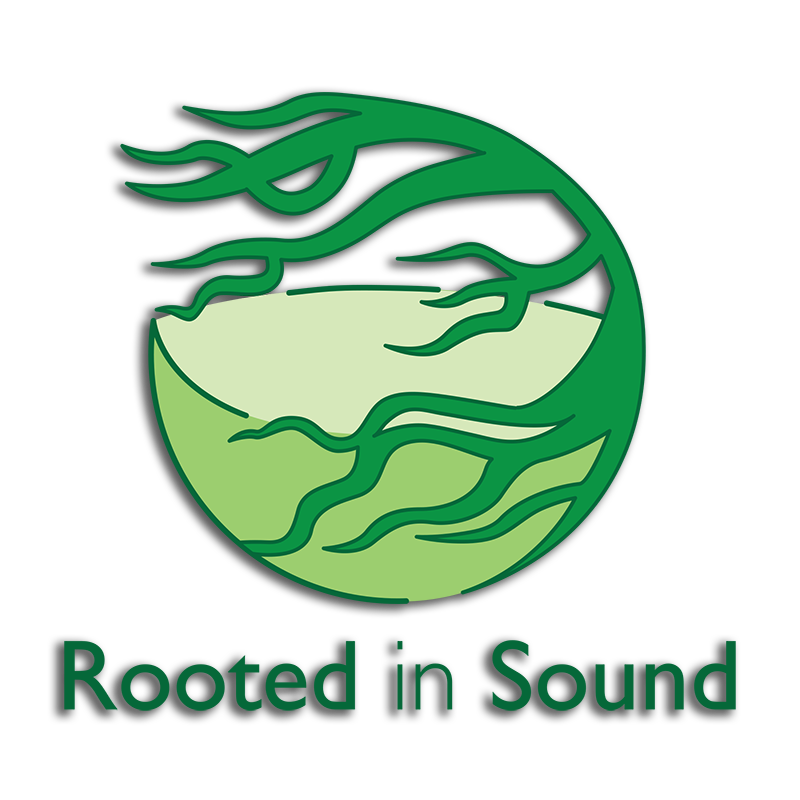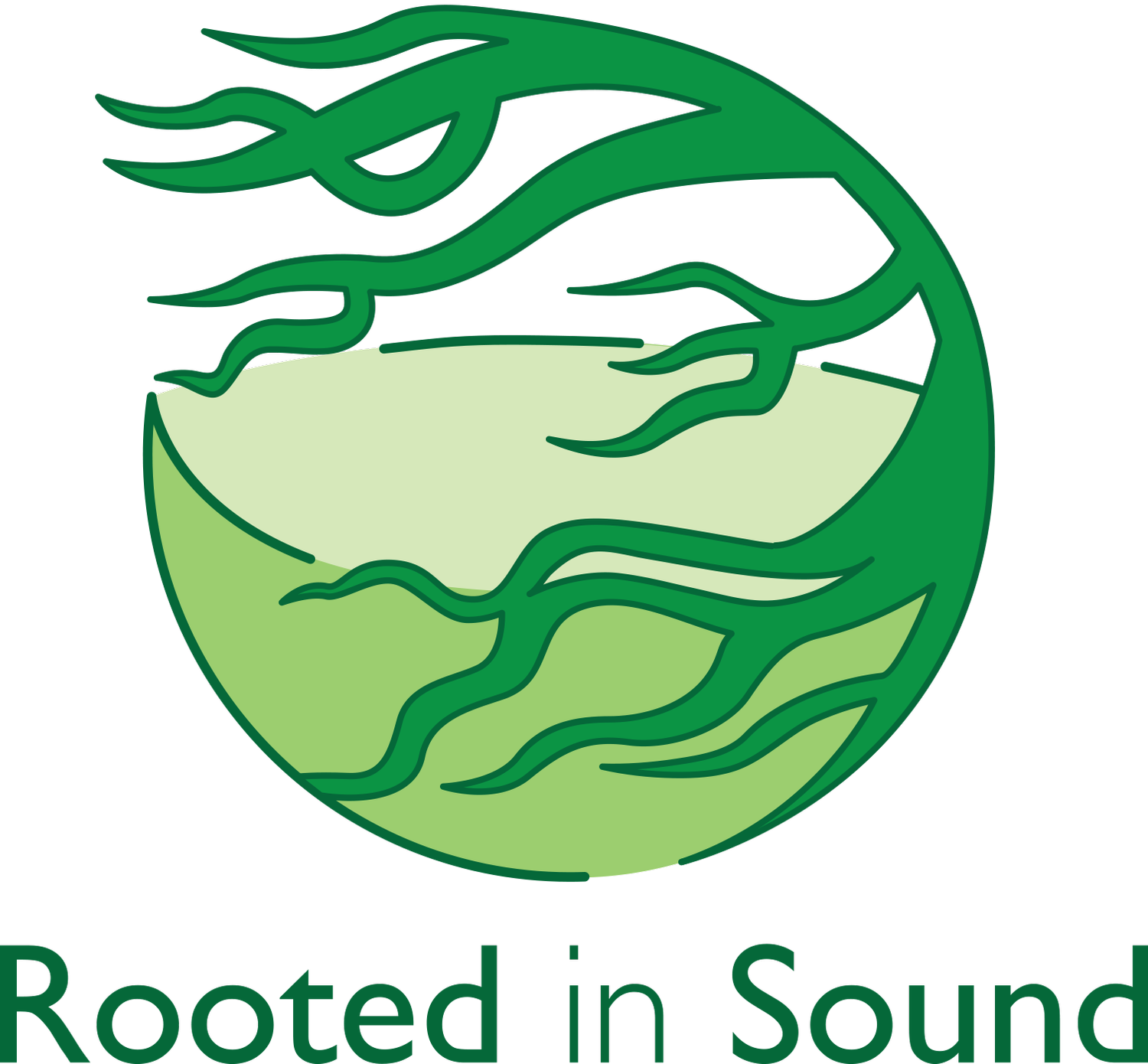Embracing Recovery Without the God Concept:
How Rooted In Sounds Recovery Coach Can Help
When it comes to addiction recovery, support groups like Alcoholics Anonymous (AA) and Narcotics Anonymous (NA) have been instrumental in helping countless individuals find their path to sobriety. These groups often incorporate a spiritual or religious element as part of their 12-step programs. While this approach has proven effective for many, it may not resonate with everyone. If you're someone who is turned off by the God concept in traditional recovery groups, there's an alternative: Rooted In Sounds Recovery Coach.
Understanding the God Concept in Traditional Recovery Groups
Traditional 12-step programs, such as AA and NA, emphasize surrendering to a higher power as a fundamental step toward recovery. This higher power is often referred to as "God" and can be interpreted in various ways, depending on individual beliefs. While the intention is to provide a source of support and guidance, this approach can be a stumbling block for those who do not identify with a religious or spiritual framework.
The Role of Rooted In Sounds Recovery Coach
Rooted In Sounds Recovery Coach offers a fresh perspective on addiction recovery, one that is inclusive and accommodating of diverse belief systems, including atheism and secular humanism. Here's how it can help:
Personalized Recovery Plans: Rooted In Sounds takes a client-centered approach. Your recovery plan is tailored to your specific needs, beliefs, and values. If you're not comfortable with a spiritual approach, your coach will respect that and work with you to find alternative strategies.
Non-Judgmental Support: The recovery journey can be challenging, and Rooted In Sounds coaches are there to offer non-judgmental support. They understand that everyone's path to recovery is unique and that different approaches work for different people.
Evidence-Based Techniques: While traditional recovery groups rely on spiritual principles, Rooted In Sounds Recovery Coach focuses on evidence-based techniques and therapies. These may include cognitive-behavioral therapy (CBT), motivational interviewing, mindfulness practices, and more. These techniques are grounded in psychology and science, making them accessible to individuals of all beliefs.
Community and Connection: Rooted In Sounds fosters a sense of community and connection, much like traditional recovery groups. The difference lies in the absence of religious or spiritual elements. Instead, the focus is on building supportive relationships with others who share similar challenges and goals.
Holistic Wellness: Recovery isn't just about abstaining from substances; it's about achieving holistic wellness. Rooted In Sounds coaches can help you address physical, mental, and emotional aspects of your recovery, allowing you to lead a fulfilling life free from addiction.
Respect for Your Beliefs: Perhaps most importantly, Rooted In Sounds respects your beliefs—or lack thereof. There's no pressure to conform to a particular faith or spirituality. The emphasis is on your well-being and personal growth.
Finding Your Path to Recovery
Recovery is a deeply personal journey, and it's essential to find an approach that resonates with you. If the God concept in traditional recovery groups doesn't align with your beliefs, Rooted In Sounds Recovery Coach offers an inclusive and empowering alternative. By working with a coach who respects your worldview and provides evidence-based support, you can embark on a successful path to recovery that feels authentic to you.
Remember, recovery is possible, and there are resources available that can help you achieve your goals, regardless of your spiritual or religious perspective. Rooted In Sounds Recovery Coach is just one example of a growing movement toward more inclusive and individualized approaches to addiction recovery. Your journey is unique, and your recovery plan should be too.


